Megha K reviews Aleksandr Solzhenitsyn’s One Day in the Life of Ivan Denisovich (Signet Classics, 1962)
There I was, sitting in my warm, cosy home, protected by concrete walls as the thunderstorm raged outside. What’s more, the house was brightly lit, and the Wi-Fi working despite a power cut. It was luxury, a blessing. And amidst the lightening and hail outside, I sat reading the story of Ivan Denisovich, one among the millions of prisoners working in one of the harshest labour camps in the 1950s USSR. And our lives couldn’t be more different.
The Harsh Realities of Gulag Life in One Day in the Life of Ivan Denisovich
Living in a place where the word cold implies warmth, where there are two inches of frost covering the window panes and the thermometers point to -17 C, Ivan has no warm place to hide from the bitter freezing temperatures. Neither does he nor his fellow prisonmates have sufficient clothing or the benefit of a hot shower, not even the necessity of a hot soup. All he has is one hard bed, a watery liquid with a lone cabbage and a fish with more bones than flesh, and just ten minutes to finish it.
It is a place where doctors prescribe work to patients who are ill, and a few minutes delay in waking up can get you a penalty with harsher work. A place where even a single loaf of bread one receives daily can not be trusted, and anyone could be subjected to random frisks and asked to strip down to their undergarments in the freezing temperatures.
A place where the longing for a letter from your family is amplified tenfold. Fairness here is an unrealistic expectation, and not even the daily ration of a single loaf of bread allotted to the zeks is above corruption. Everything goes through enormous levels of bureaucracy, and ultimately, a meagre leftover amount is distributed among the zeks.
Monotony and Corruption in One Day in the Life of Ivan Denisovich
The ideology of socialism is reflected in the rules made for the prisoners, where individuality is stripped off, and the collective action of your entire squad decides everything, from your food ration to your work assignments. But far from an ideal socialist society built on the foundation of collective good for one’s nation, the camp is plagued by rampant corruption, with the people squealing on each other for personal gain and squad leaders forced to learn the art of buddying up to the authorities for basic needs such as better tools and warmer clothes for their squad. This invariably pitches each squad against another, with competition and survival gaining the upper hand over collectivism.
Our protagonist works with ineffective tools, in inadequate clothing, and eating insufficient food, all within incomprehensible prison rules. He looks out at the sun that is barely up and a barren desert with nothing in sight except thick white snow spread into the vastness. His emotions and thoughts are as much imprisoned as his body.
His days merge into one another, and the time contracts. He has learnt the skill of sucking out all the juices from tiny fish bones, of watching out for thieves, of sucking up to the authorities so they may ‘bless’ you with their bowls of stew and restrain oneself from licking the leftovers in others’ bowls no matter how hungry one is – all the skills necessary to survive in the Gulag.
But the zeks’ torture comes less from the actual task of working in extreme conditions and more from the impediments laid in their way to do their jobs. As Ivan says, you are lucky if you get a ‘thick’ stew. And if you are given a second serving at the mercy of your squad leader, you are truly blessed. Much of their punishment and oppression comes in the form of food bureaucracy, the relationship of their squad leader with the guards, their own relationship among their inmates and finding those precious seconds in a day for oneself.
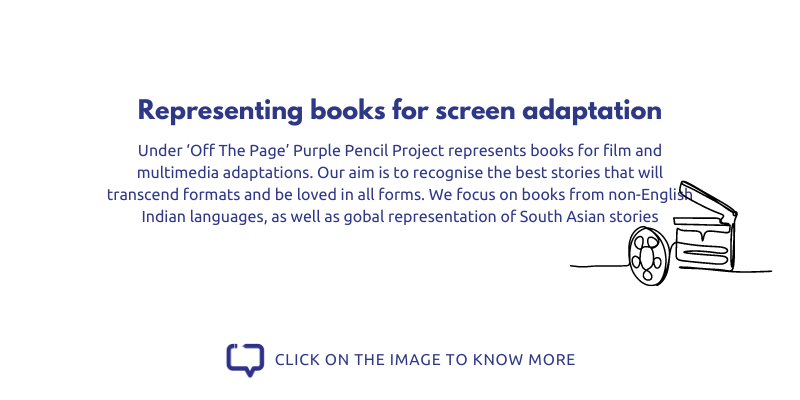
Through his straightforward, toned-down-on-emotions narrative style, the author does not try to invoke sympathy for Ivan. Instead, he chooses to shine a light on the daily lives of all the zeks through the eyes of a simple, uneducated peasant, showing us that irrespective of their backgrounds outside the Gulag, within the prison walls, all zeks are the same.
The tension, fear, and uncertainty are a constant presence in Ivan’s mind as well as the overarching narrative in One Day in the Life of Ivan Denisovich. Slowly, this tension seeps into the minds of the reader, and stays in for days after completing this novella. When the future is as blank as the treeless view, why would a man bother to think? What purpose would his thoughts serve anyway? When you don’t even have the right to own a watch, how does it matter what time it is? A prison doesn’t just bind you physically. It limits your emotions and restricts your thinking.
The Contrasts in the Human Condition
I kept recalling Ivan relishing every drop of his soup and remembered all the times I was at a buffet with unlimited choices and unlimited servings and yet had found the bin overflowing with wasted food. The contrast between our lives was too stark to ignore. Our necessities are his luxuries, and his necessities are things we take for granted.
In the end, this story emphasises the monotony of the life of a zek. All you need to know is One Day in the Life of Ivan Denisovich, and you will have known all the eight odd years he has spent and the remaining two years that he will spend in the Gulag.
Favourite Quote from One Day in the Life of Ivan Denisovich by Aleksandr Solzhenitsyn
“Apart from sleep, the only time a prisoner lives for himself is ten minutes in the morning at breakfast, five minutes over dinner and five at supper.”
“How can you expect a man who’s warm to understand a man who’s cold?”
“Better to growl and submit. If you were stubborn, they broke you.”
“Work, he said, was a first-rate medicine for any illness.”











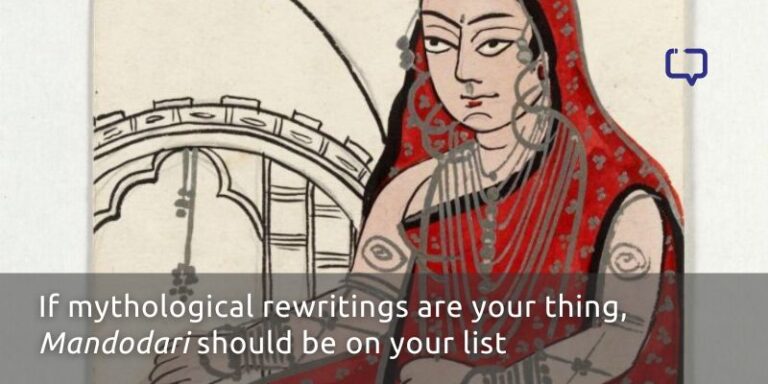
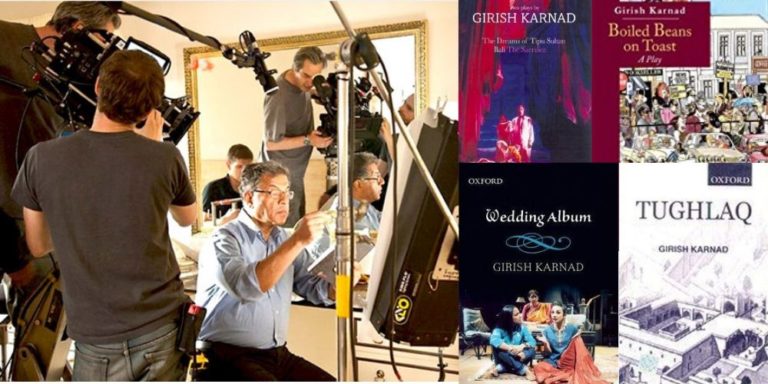
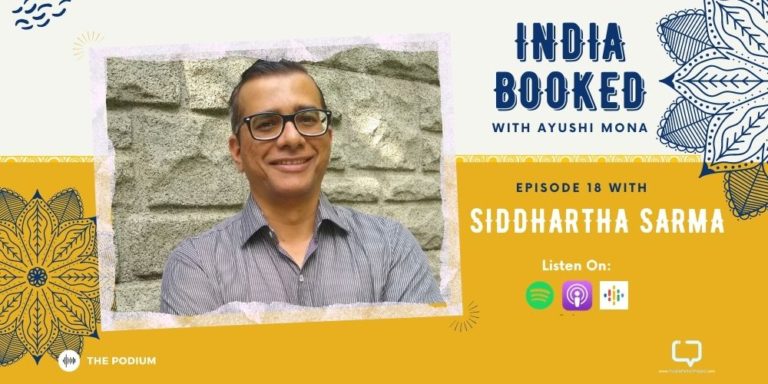
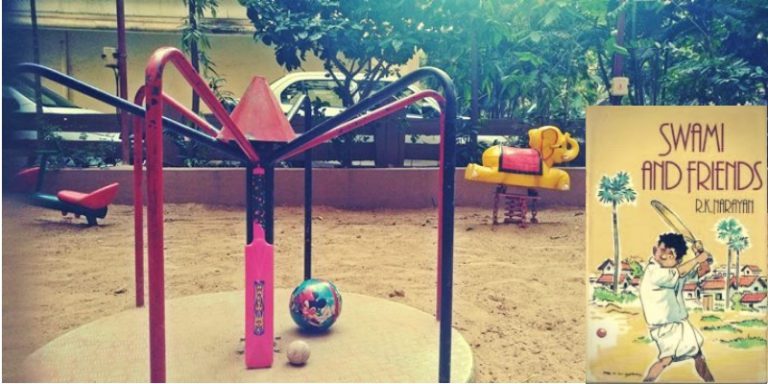
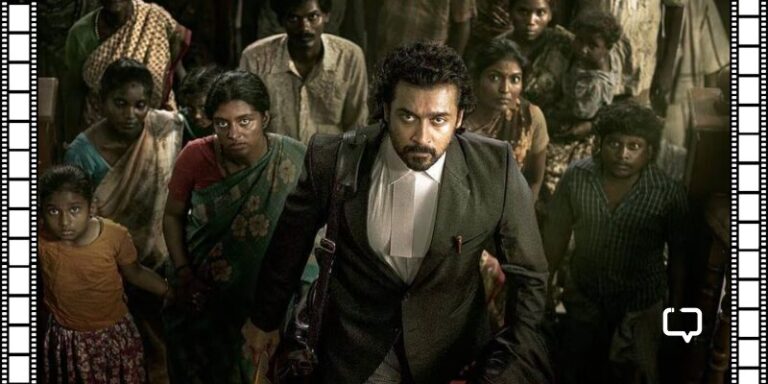




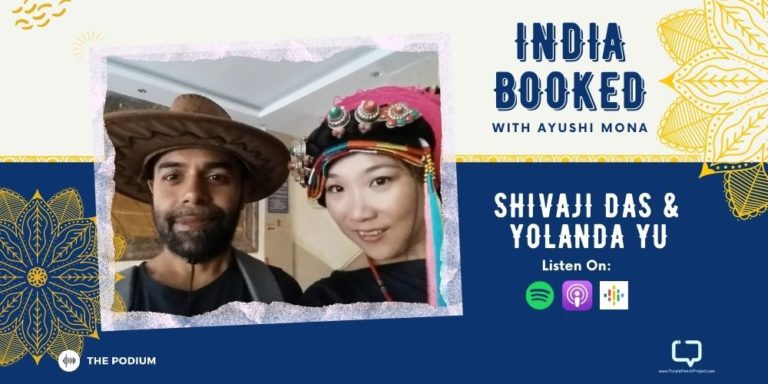

3 Responses
So well written..Keep it up, Dear.
Your review gives a good peep into the grim lives of the prisoners’ life. Make us well aware of the extremities of existence in the world. In fact I was reminded of the kannada film “Sapta Sagaradache Ello”, a Rakshit Shetty starrer.
Through your review itself you’ve created an ambience of prison life.
Well written.
Thank you Sreenath! These are such kind words. We will be sure to share this on our Instagram, what a lovely recommendation to accompany the reading!